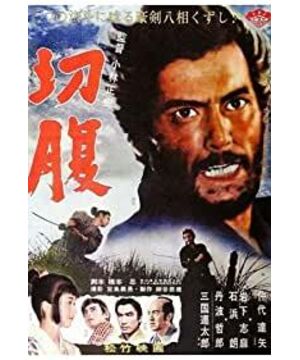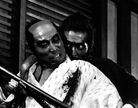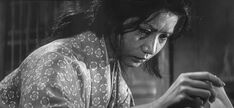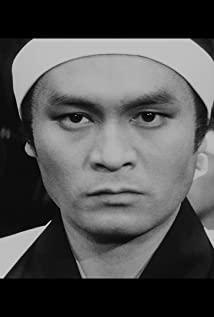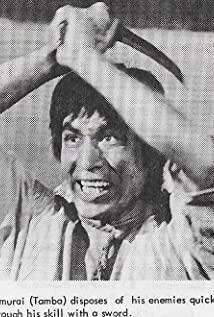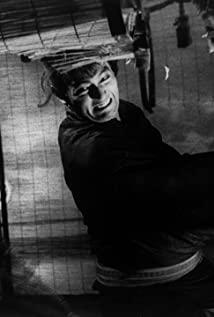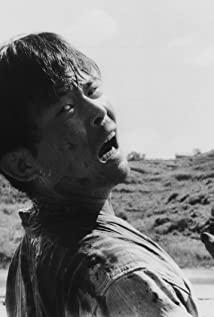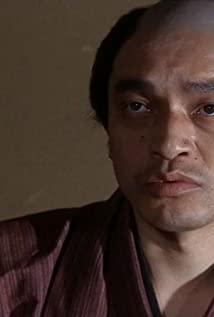I see tragedies of ethical and personal conflict everywhere. The samurai never thought of being a knife, so he made his son-in-law go on a fake belly to exchange money, and finally died of the belly. The samurai first discovered the oppression of ethics on man. The samurai wanted to tell this truth to the Ii family, but the Ii family maintained the absolute correctness of ethics, refused to reflect, adhered to the spirit of Bushido, and could not seek glory for other interests. When the samurai cut off the hair of three of Ii's retainers, who fell ill, the samurai discovered the hypocrisy of this absolute ethics. Of course, a samurai committed suicide by cutting his belly because of this. He was a person who truly believed in this ethics, so there was no contradiction and tragedy in him. The film is still a tragedy at the end. Personal resistance to ethics is like a mayfly shaking a tree. It can only change with the changes of the times. But in this one tragedy after another, the reflection of people also promotes this change. I also thought that the begging girl had been begging for mercy for a day or two before the belly cut, but she didn't say what happened to her and was honest about her purpose, which might have caused him to miss his last hope of survival. Qiu Nv was ashamed to express his purpose. He was also a person with a backbone who strictly adhered to the spirit of Bushido and disdain to do such a thing. So he didn't want to give reasons. Even if he does get a reprieve, maybe he will eventually come back to perform the incision. Therefore, women are also sacrificed in such an ethical spirit.
View more about Hara-Kiri reviews


